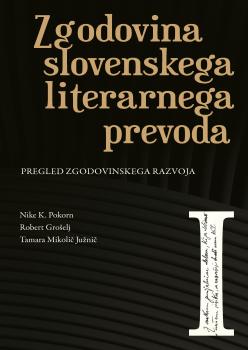Translators Discussing Slovene Linguistic Issues
Synopsis
In the last 120 or so years, when the conventions of written Slovene have been governed to a large extent by normative manuals in the form of orthographies, translators have been actively involved in the heated public debates following their publications. At the onset of modern Slovene normative efforts, in the early 20th century, they reacted strongly to the disparate, often arbitrary attempts to stabilise and regulate the norms of Slovene. As with most of the linguistic community, translators mostly opted for one of the two ideologies and their camps, i.e., those who insisted on the historical argumentation of language regulation and those who also argued for the importance of respecting language usage and its societal underpinnings. Later, the public reactions to the publications of orthographies were joined by translators’ reactions to the perceived (poor) use of Slovene in public (by the media, state enterprises, etc.), as well as to the language policy within ex-Yugoslavia, often taking a stand against the centralist pressures from Belgrade by employing linguistic arguments. Through their dynamic linguistic activity, the translators occupied the positions on the editorial boards of normative language manuals, thus shaping the image of Slovene in the 20th century, while at the same time responding to the contemporary challenges of the language through their extremely prolific public profiles.


